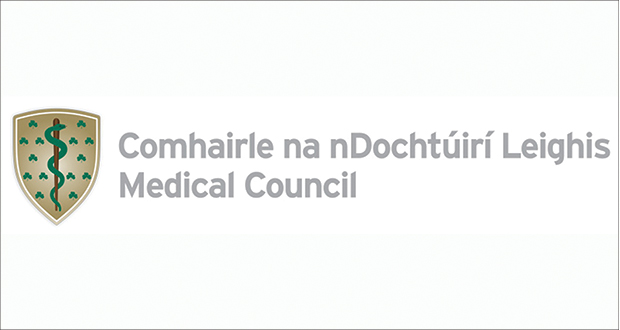
Standards allow for right-touch regulation — a framework where education and training organisations can be excellent
The Medical Council is to develop a single suite of robust standards that facilitate the adoption of an outcomes-based approach to the continuum of medical education, training and life-long learning in Ireland; and enhance quality assurance/improvement, IMT reports.
This will, in turn, allow the Council to adopt right-touch regulation (the proper evaluation of risk, that is proportionate and outcome focused: and creates a framework in which professionalism can flourish and organisations such as universities, training bodies and clinical sites can be excellent), according to the regulatory body.
The medical regulator will commission an independent review and an evaluation of its current suite of standards across the medical education spectrum (undergraduate, intern and postgraduate education and training programmes and clinical training sites).
The standards development process will require a consultation exercise with key stakeholders, including all six medical schools, 13 postgraduate training bodies, some medical fora, Government departments (including Health), the HSE, other Irish health-related regulatory bodies, the medical councils of the UK, New Zealand, Australia and Canada, and other bodies such as the IMO.
The new standards will ensure a smoother and safer transition between the progressive stages of a doctor’s professional development and training, with learning and training outcomes across the medical education spectrum aligned to the Council’s “Three Pillars of Professionalism” – partnership, practice and performance.
They will also be aligned to the Council’s stated “Eight Domains of Professional Practice” — patient safety and quality of patient care, relating to patients, communication and interpersonal skills, collaboration and teamwork, management (including self-management), scholarship, professionalism, and clinical skills.
Again, the Council is actively engaging with medical schools as part of a consultative process to create a standard “Medical Graduate Profile” across programmes of basic medical education. This includes competencies (knowledge, skills and attributes) a graduate should have to ensure their preparedness before progressing to the next stage of their training / career.
The Council is also proposing an outcomes-based approach to intern training in Ireland and has developed a draft framework describing what interns are expected to achieve at the end of intern training using an Entrustable Professional Activity model.
In conjunction with other key stakeholders, the Council has just developed a Medical Intern Board with responsibility for the governance and strategic direction of the intern year on a national basis.
A comprehensive external review commissioned by the Council of the Accreditation of Medical Education and Training in respect of undergraduates and specialist training, reported in May 2016.
Its key recommendations, four of which pertain to quality assurance, prompted the proposed development of uniform standards.
The Council currently has three separate sets of standards and guidelines for each level of medical education and training (basic medical degree programmes, intern and specialist training programmes) as well as specific standards for clinical training sites where specialist training is provided.
-- https://www.imt.ie/ --
